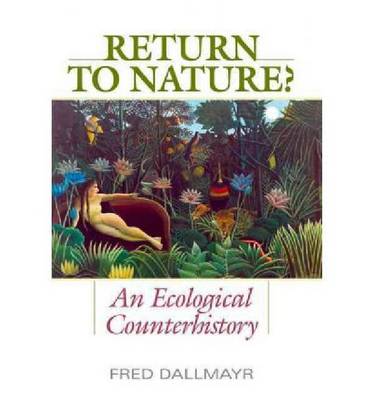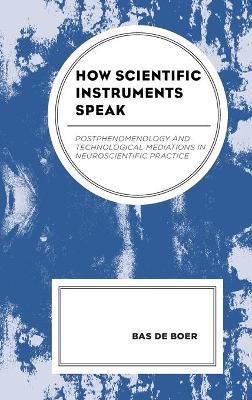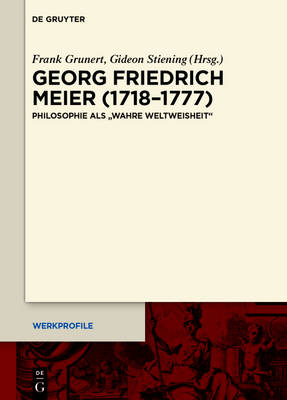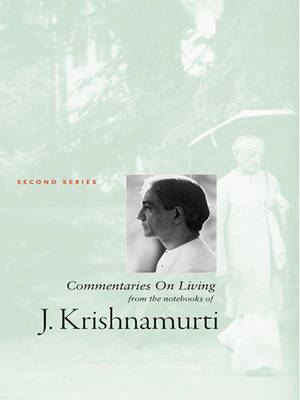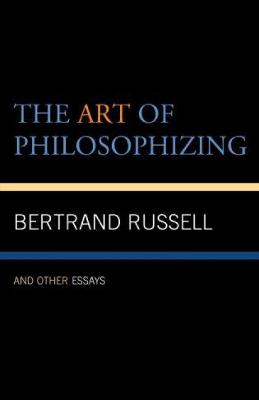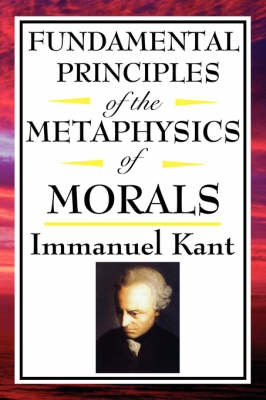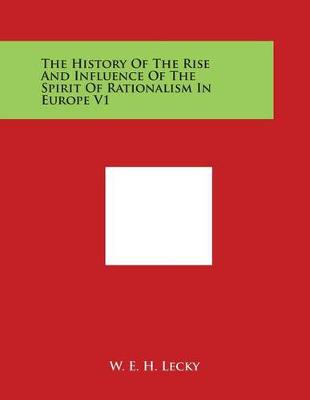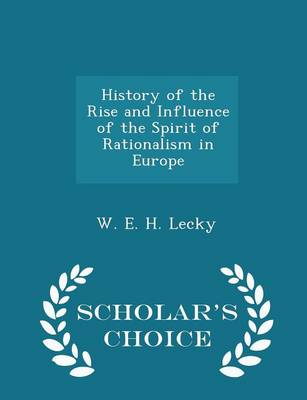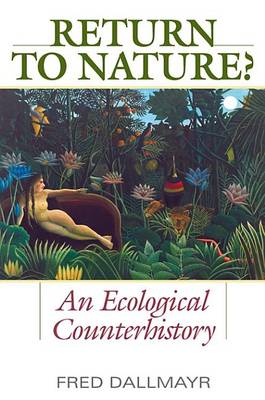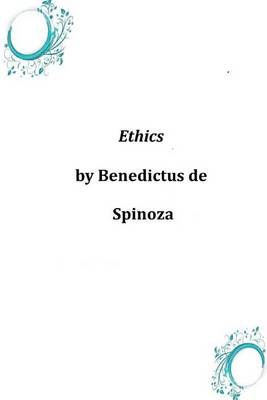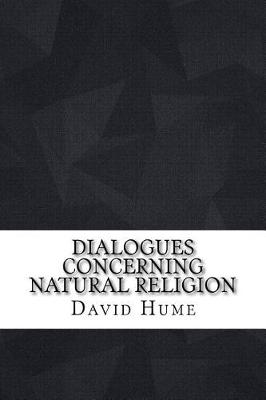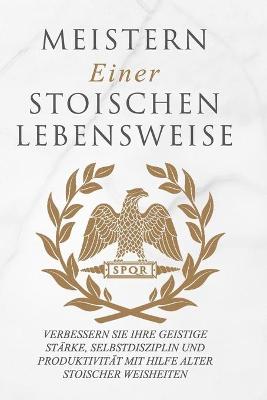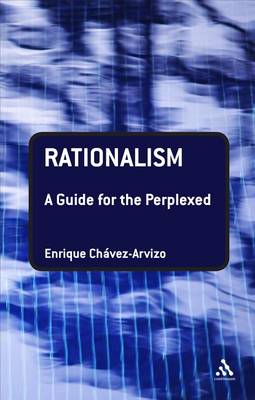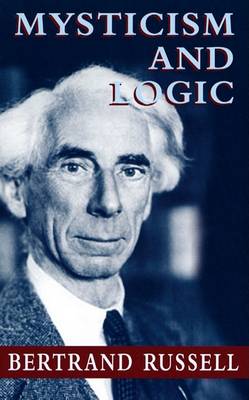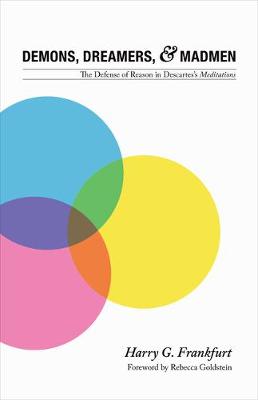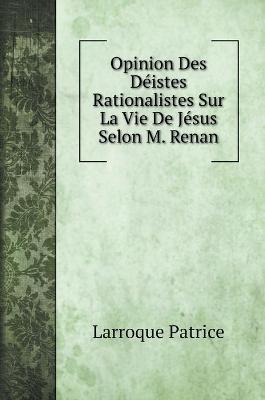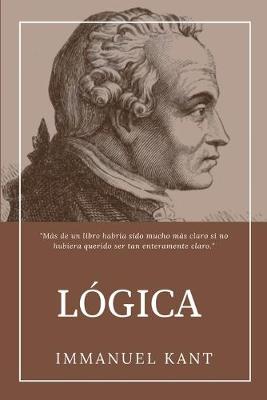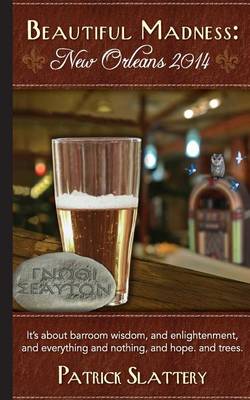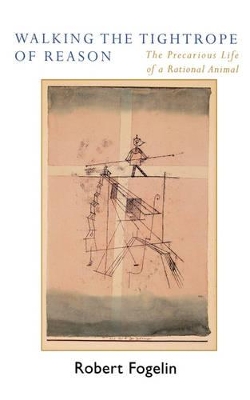Sustainability has become a compelling topic of domestic and international debate as the world searches for effective solutions to accumulating ecological problems. In Return to Nature? An Ecological Counterhistory, Fred Dallmayr demonstrates how nature has been marginalized, colonized, and abused in the modern era. Although nature was regarded as a matrix that encompassed all beings in premodern and classical thought, modern Western thinkers tend to disregard this original unity, essentially e...
How Scientific Instruments Speak (Postphenomenology and the Philosophy of Technology)
by Bas de Boer
Science is highly dependent on technologies to observe scientific objects. For example, astronomers need telescopes to observe planetary movements, and cognitive neuroscience depends on brain imaging technologies to investigate human cognition. But how do such technologies shape scientific practice, and how do new scientific objects come into being when new technologies are used in science? In How Scientific Instruments Speak, Bas de Boer develops a philosophical account of how technologies sha...
The essays in this little volume, published here for the first time in book form, were written by Bertrand Russell during the Second World War when he was less concerned with the stormy issues of nuclear warfare and the containment of communist aggression
Deleuze and Guattari (Continuum Studies in Continental Philosophy)
by Fadi Abou-Rihan
Most commentators judge Deleuze and Guattari's Anti-Oedipus as either a Medusa into whose face psychoanalysis cannot but stare and suffer the most abominable of deaths or a well-intentioned but thoroughly misguided flash in the pan. Fadi Abou-Rihan shows that, as much as it is an insightful critique of the assimilationist vein in psychoanalysis, Anti-Oedipus remains fully committed to Freud's most singular discovery of an unconscious that is procedural and dynamic. Moreover, Abou-Rihan argues, t...
Kant's Fundamental Principles of the Metaphysics of Morals is one of the most important works in modern moral philosophy. It belongs beside Plato, Aristotle, Machiavelli, and Hobbes. Here Kant sets out to articulate and defend the Categorical Imperative-- the fundamental principle that underlies moral reasoning-- and to lay the foundation for a comprehensive account of justice and human virtues.
The History of the Rise and Influence of the Spirit of Rationalism in Europe V1
by W.E.H. Lecky
History of the Rise and Influence of the Spirit of Rationalism in Europe - Scholar's Choice Edition
by W.E.H. Lecky
In the genre of Christian philosophers, Spinoza presents a geometric argument for the necessary existence of God as the one absolute substance underlying all other substance. From the necessity of God's existance, he derives the laws of existence, those of nature, and the ethical principles animating human conduct. In this sweeping volume that covers a wide range of topics from metaphysics, epistemology, and theology, Spinoza addresses the key concepts of freedom, the existence of evil, and the...
No new book on Plato can surprise Plato scholars. For there is nothing new under the sun, nor inside the cave. We have grown complacent in our preconceptions of Plato, habitually adopting the web of belief that comes with the canonical corpus. Yet it is not the web itself that stands in the way of progress, but the tendency to adopt it without question. Rethinking Plato is, as the subtitle suggests, a Cartesian quest for the real Plato. What makes it Cartesian is that it looks for Plato independ...
The Historical Dictionary of Descartes and Cartesian Philosophy includes many entries on Descartes's writings, concepts, and findings. Since it is historical, there are other entries on those who supported him, those who criticized him, those who corrected him, and those who together formed one of the major movements in philosophy, Cartesianism. To better understand the period, the authors drew up a brief chronology, and to see how Descartes and Cartesianism fit into the general picture, they ha...
Dialogues Concerning Natural Religion (In Focus) (HPC philosophical classics)
by David Hume
Humankind has pondered many mysteries, but few more enticing than the existence of a divine creator who is said to have set the universe in motion. Imitating the well-known style of Platonic dialogues, the relentless inquirer and empiricist David Hume assembles a group to discuss the existence of God, his divine nature, his attributes, and the point of his creation. How do we come to have knowledge of God? Who has the burden of proof with respect to these matters of intense religious significanc...
Rationalism is one of the most widely discussed topics in philosophy. Students regularly encounter the well known opposition between rationalism and empiricism - the clash between reason and experience as sources of knowledge and ideas - at an early stage in their studies. Yet the work of the great rationalists, Descartes, Spinoza and Leibniz, can prove particularly challenging. Rationalism: A Guide for the Perplexed offers a clear and thorough guide to this key concept in the history of philoso...
The titile essay of this collection suggests that Bertrand Russell's lifelong preoccupation: the disentanglement, with ever-increasing precision, of what is subjective or intellectualy cloudy from what is objective or capable of logical demonstration. The first five essays he calls 'entirely popular': they include two on the revolutionary changes in mathematics in the last hundred years, and one on the value of science in human culture. The last five, 'somewhat more technical', are concerned wit...
Poetic Character of Human Activity
by Wendell John Coats, Jr. and Chor-Yung Cheung
The Poetic Character of Human Activity is a collection of essays by two Oakeshott scholars, most of which explores the meaning of Oakeshott's pregnant phrase, "the poetic character of human activity" by comparing and contrasting this idea with similar and opposing ones, in particular those of the Taoist thinker, Zhuangzi (Chuang Tzu), and his Western interpreter, A.C. Graham. Oakeshott's deep appreciation of the poetic and non-instrumental character of human activity led him to develop an intere...
In this classic work, best-selling author Harry Frankfurt provides a compelling analysis of the question that not only lies at the heart of "Descartes' Meditations", but also constitutes the central preoccupation of modern philosophy: on what basis can reason claim to provide any justification for the truth of our beliefs? "Demons, Dreamers, and Madmen" provides an ingenious account of Descartes' defense of reason against his own famously skeptical doubts that he might be a madman, dreaming, or,...
Opinion Des Deistes Rationalistes Sur La Vie De Jesus Selon M. Renan
by Larroque Patrice
Human beings are both supremely rational and deeply superstitious, capable of believing just about anything and of questioning just about everything. Indeed, just as our reason demands that we know the truth, our skepticism leads to doubts we can ever really do so. In Walking the Tightrope of Reason, Robert J. Fogelin guides readers through a contradiction that lies at the very heart of philosophical inquiry. Fogelin argues that our rational faculties insist on a purely rational account o...
